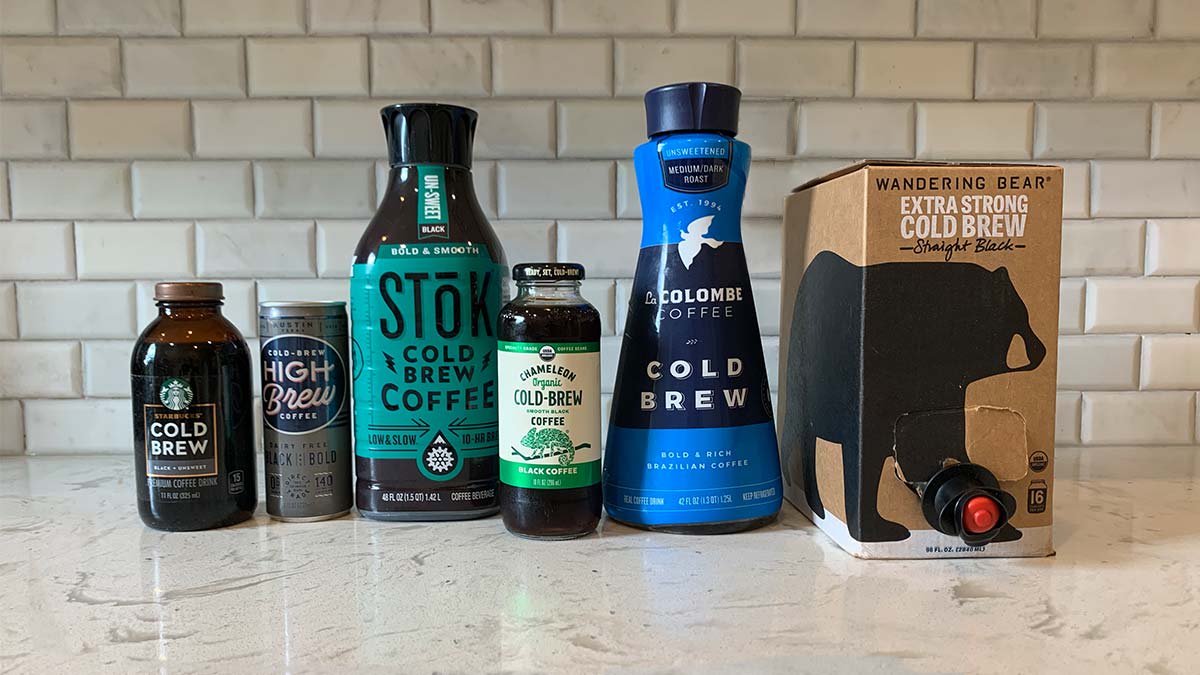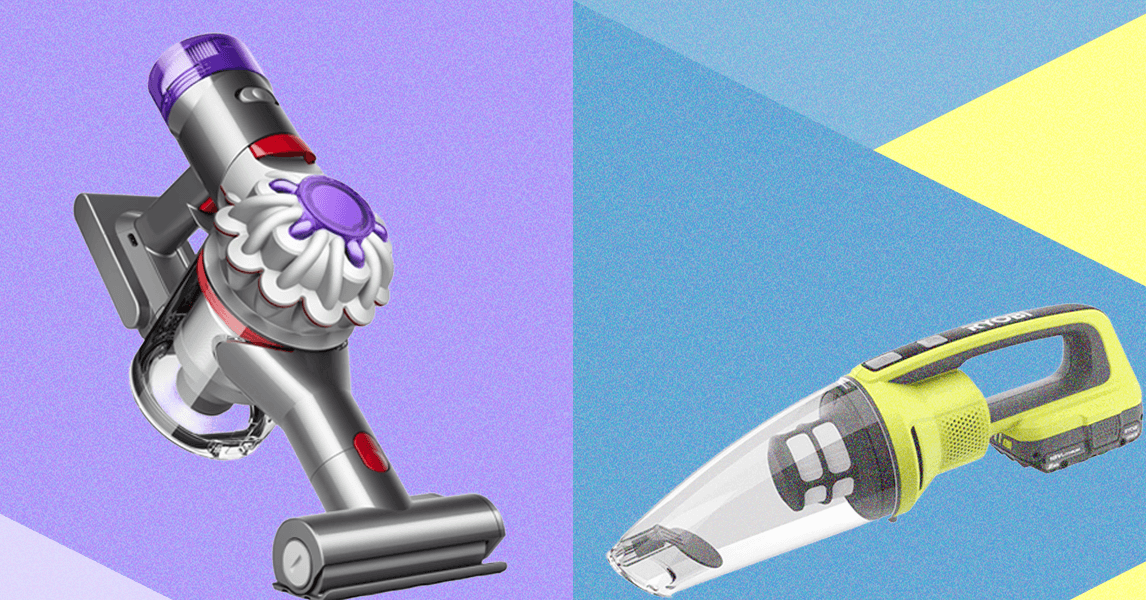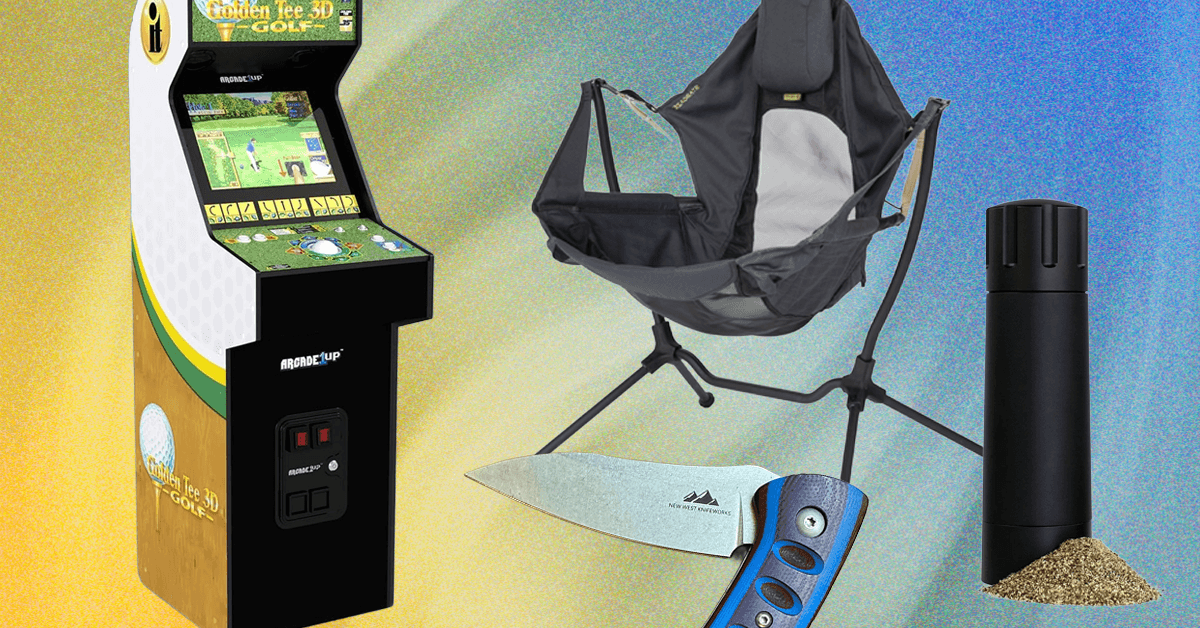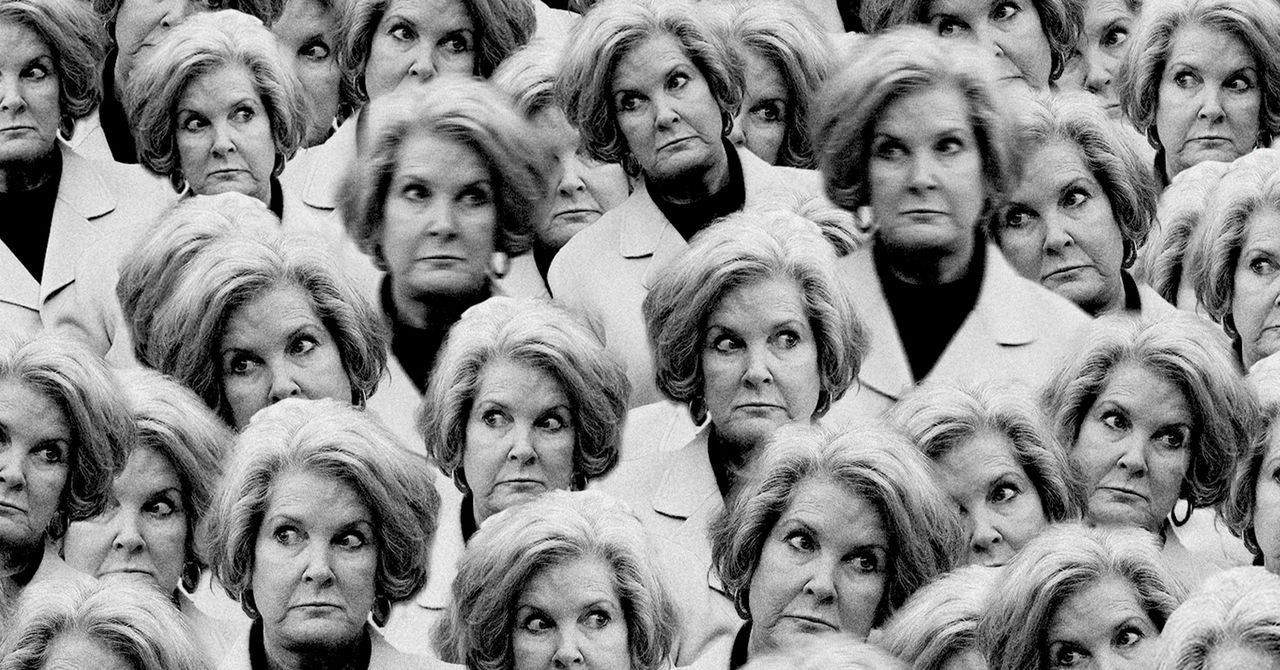
To evaluate the six brands of cold brew, my colleagues and I first tried them black in a blind taste test, taking note of the body, bitterness, acidity, sweetness, and aftertaste of each brand.
Before we got started, however, I talked to Dan Streetman, a Q Arabica Assistant Instructor, World Barista Championship head judge, and Specialty Coffee Association certified instructor for Barista, Roasting, Brewing, Sensory, and Green Coffee modules. He’s also the founder of Bird and Bear Coffee and the father of twin toddlers, “which means I need a lot of caffeine,” Streetman says.
“To me, a good cup of cold brew usually focuses on caramel notes and rich creamy tones,” Streetman says. “It shouldn’t have any papery or murky taste, along with having balanced acidity and bitterness.”
He says that freshness is the biggest determinant of how good cold brew tastes when purchased from a store.
“Many cold-brew products have residual fine particles of coffee that continue to extract and can make the coffee taste sludgy and bitter,” Streetman says. “Also, any oxidation is going to cause unwanted flavors in your coffee. Oxidation can occur over time and is one of the most common taste flaws that I find in store-bought cold brew.”
How can you tell whether your coffee has oxidized? Streetman says that it might taste a little like cardboard or “old, stale peanuts.”
For this review, a group of cold-brew lovers—Aleyda, Angela, Cesar, Giselle, and I—tasted six popular unsweetened black cold-brew brands found in grocery stores across the country.
Although evaluations were ultimately subjective, we used Streetman’s description of a full and balanced brew with a rounded mouthfeel, caramel notes, and creamy tones as a reference point.
Then we tried each brand with our preferred additives, using the same criteria and also judging how well the coffee’s flavor stood up to milk. My colleagues drink plant-based milks, with a preference for oat milk. I drink my coffee with whole milk.









